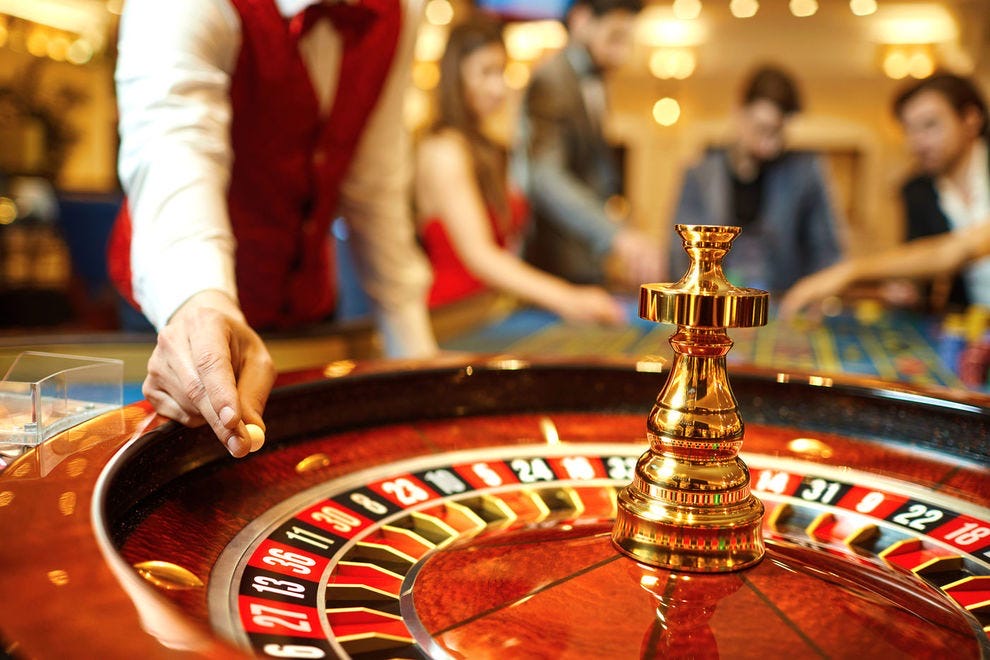The Psychology of Luck: Why We Gamble
Gambling has persisted as a popular pastime for centuries, drawing individuals into its alluring embrace with promises of fortune and excitement. But what compels people to wager their money, sometimes even their livelihoods, on the seemingly arbitrary outcomes of chance? Within this question lies a fascinating exploration of the psychology of luck, revealing how cognitive biases, social factors, and emotional drivers intertwine to create a compelling case for why we gamble.
The Thrill of Uncertainty
At the core of the gambling experience is the allure of uncertainty. Humans are naturally drawn to situations that evoke suspense and unpredictability; this is not merely due to the potential for financial gain but also because the thrill of risk evokes unique psychological rewards. The anticipation of a big win triggers the brain’s reward system, releasing dopamine, a neurotransmitter associated with pleasure and satisfaction. This momentary rush can create a powerful craving that encourages individuals to seek out further gambling experiences, often against their rational judgment.
The Illusion of Control
One of the most entrenched psychological phenomena in gambling is the illusion of control. Many gamblers believe they can influence the outcome of games of chance—whether through skill, strategy, or sheer willpower. This belief is particularly prominent in games like poker or blackjack, where players perceive their decision-making as pivotal. Even in purely random games, such as slot machines, gamblers will often attribute wins to personal intuition or “lucky” rituals. This cognitive distortion allows players to feel empowered, thereby justifying their continued participation even in the face of mounting losses.
Cognitive Biases and Fallacies
Numerous cognitive biases play a crucial role in why people gamble. The gambler’s fallacy, for instance, is the mistaken belief that past random events affect the outcomes of future events. Individuals may think that after a series of losses, a win is due, leading them to bet more heavily in hopes of a turnaround. Similarly, confirmation bias can compels gamblers to focus on wins while disregarding losses, reinforcing their belief in their luck and increasing the likelihood of further gambling.
Social Influences
The social environment also significantly impacts gambling behavior. Group dynamics, peer pressure, and the desire for social affirmation can motivate individuals to gamble, even those who might not engage in such activities in isolation. The rise of online gambling has further exacerbated this phenomenon, creating virtual communities where individuals share their experiences and successes, fostering an environment that normalizes and glorifies gambling.
Emotional Drivers
Emotion plays a significant role in gambling behavior. Many individuals gamble to escape from stress, anxiety, or depression. The temporary relief provided by gambling can be enticing, drawing individuals into a cycle where they seek that escape in increasingly risky scenarios. Additionally, the excitement of winning can create an unparalleled high, often described as euphoric, driving players to chase that feeling repeatedly.
Luck and Identity
For some, luck becomes woven into their identity, transforming gambling from a mere activity into a lifestyle. They may cultivate personal myths around their lucky attributes, such as clothing, trinkets, or rituals that they believe contribute to their success. This attachment to luck can create a sense of belonging in gambling communities, where shared beliefs and experiences strengthen group ties.
Conclusion
The psychology of luck unfolds as a compelling tapestry woven from desire, risk, cognitive biases, and emotional needs. Each element plays a part in driving individuals to gamble, often blurring the lines between entertainment and compulsion. Understanding these psychological drivers is crucial, not only for recognizing why we gamble but also for addressing gambling addiction and its societal impacts.
While the allure of luck will always captivate human beings, fostering a more critical understanding of its psychological underpinnings can lead to healthier relationships with gambling and a greater appreciation for the elements of chance that govern our lives. Ultimately, recognizing the interplay between luck and behavior may empower individuals to make more informed, rational choices in the face of the unpredictable nature of risk.




